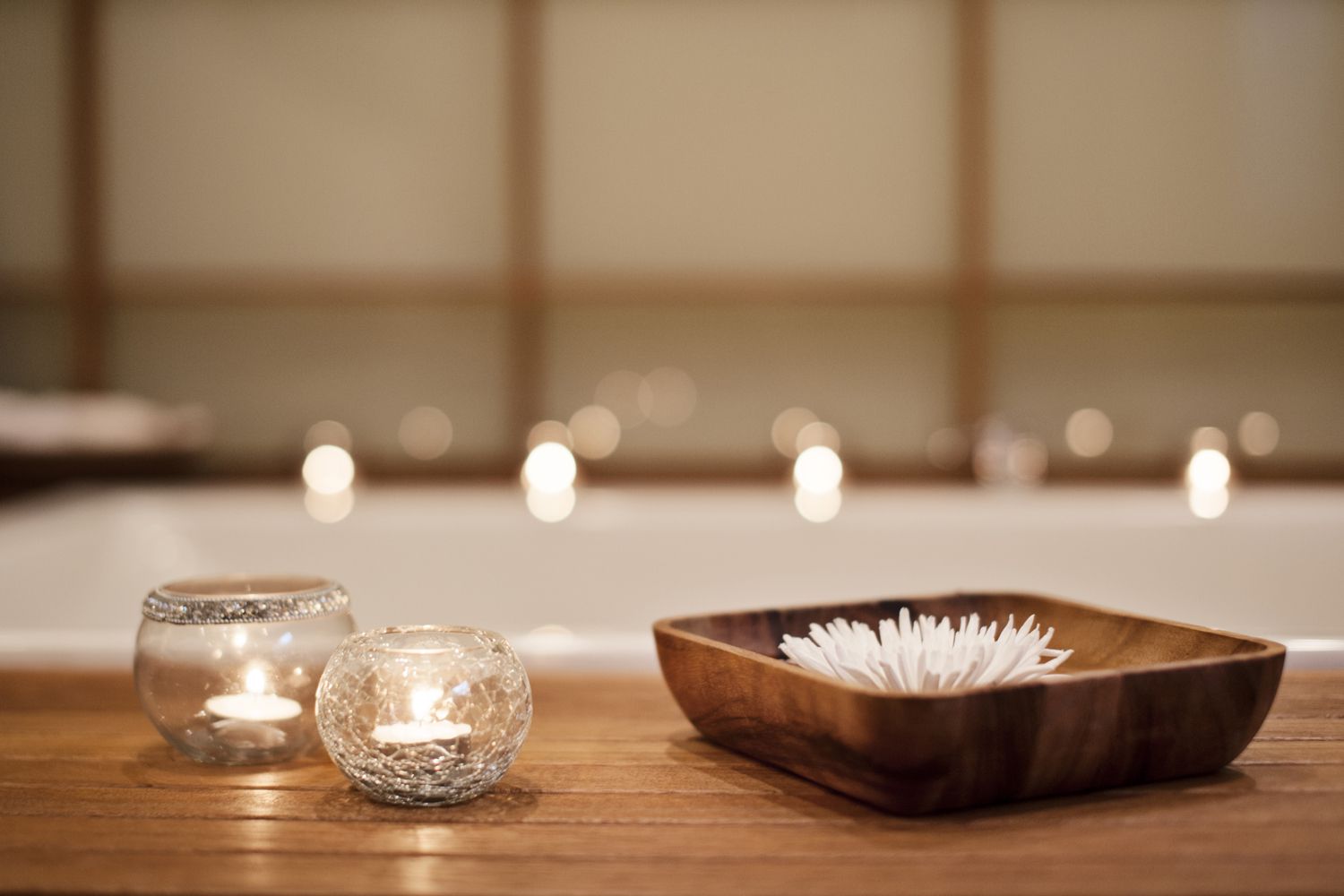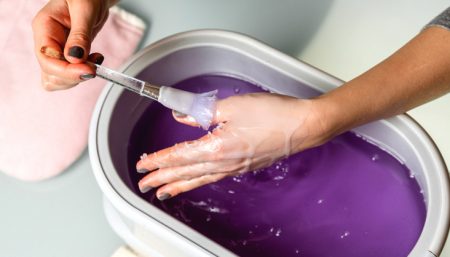
Does the idea of taking to a spa service makes you nervous? Well, you’re not alone. Some people avoid using the services as they’re anxious about what will happen and the finer points of spa etiquette.
There are many types of spas — and it’s important to understand the difference so you get the experience you’re looking for. In general, a spa is a place where you can receive spa treatments, most commonly massage , facials, and body treatments . Spas are devoted to enhancing your health and well-being — though medical spas (offering treatments that require a doctor’s supervision, such as laser resurfacing and Botox injections.) have a stronger focus.
If you want to find out what a spa is like, you can always ask for a tour before you book an appointment. Here are a few things to check out before opting for an experience.

- To begin with contact the spa, whether by phone, email or online form, with a list of questions you might have. If you’re not getting a clear-cut answer, ask again until you’re satisfied with the answer.
- Do not hesitate to ask for a tour of the facilities once you arrive, just to make sure it’s up to your level of expectation; you have every right to check out; be suspicious if a spa gives you a bunch of flimsy excuses as to why they can’t accommodate your reasonable request. Most spas are happy to give you a tour, depending on the day of the week (spas are generally at their busiest Thursday through Sunday) to maintain privacy of other guests.

- Look for friendly, nurturing staff, from the person at the front desk to the massage therapists, estheticians, nail technicians, and make-up artists. Of course, all therapists should be licensed. (If the treatments are really cheap, this might be one reason.) It’s always a good sign if the spa asks you to complete a medical disclosure questionnaire.
- Do not fee shy to admit that you are visiting a spa for the first time (if you are) or have limited experience going to one. Where treatment options are concerned, make sure to have the spa thoroughly describe what is involved in the that process from the person giving you the treatment and what’s expected of you while on the treatment table.

- Arrive early so you have time to enjoy the sauna, steam or whirlpool before your treatment. If you get in a whirlpool, shower to get rid of the chlorine before a massage. Allow your mind to calm down before your treatment.
- Your comfort is the Priority, so once on the treatment table if at any time you feel self-conscious or experience discomfort or pain, immediately speak up and let your technician know. Your technician should stop and take the time to explain to you what they’re doing, or they should adjust their pressure, etc. A highly skilled technician will always ask if you’ve ever had the treatment elsewhere; once the treatment begins, they’ll generally ask you several times how you’re doing, or if they’re pressure is too light, too heavy, etc., or if there’s anything they can do for you.

- If you’re plus-sized, don’t hesitate asking for a larger sized robe; if the spa doesn’t have one that fits you, you have every right to express your disappointment; you might even want to ask management for a slight discount for the embarrassment you’ve experienced in not having their robing fit you properly.
- Avoid spas that expect you to pay upfront beyond perhaps a deposit. Avoid spas that expect you to pay an additional non-refundable fee for their own insurance coverage in the event of a guest emergency and having to reschedule without penalty; some spas offer this gimmick to even include their own spa equipment failures. Guests shouldn’t have to insure themselves for the failure of advertised spa equipment.
- Don’t eat for at least an hour before or after your massage. Drink plenty of water after your service to enhance the benefits of your treatments.

- Most spas sell the products they use but don’t feel pressured to buy, although it’s a good idea to get into a proper skin care routine at home.
Enjoy your Spa Experience.
Disclaimer
The Content is not intended to be a substitute for professional medical advice, diagnosis, or treatment. Always seek the advice of your physician or other qualified health provider with any questions you may have regarding a medical condition.


